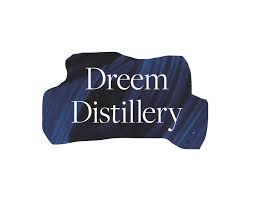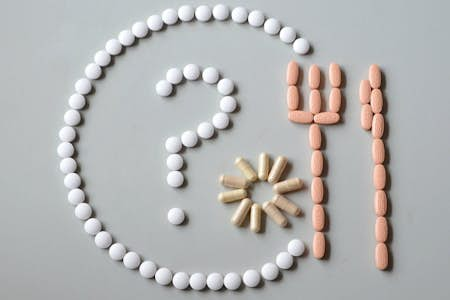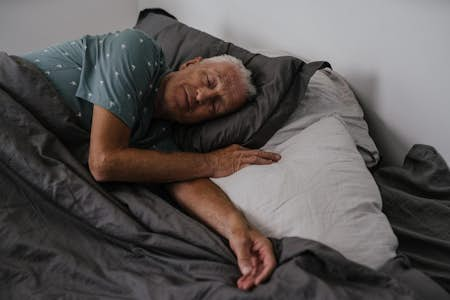According to researchers, a psychedelic hallucinogenic drug could play a valuable role in helping people deal with depression. The drug has been used in Shaman rituals and is known to cause extreme hallucinations. Some have described these hallucinations as like a near-death experience, resulting in the drug becoming known as the spirit molecule.
Substantial numbers of people of all ages, including many older people, suffer from depression. Some experience worse symptoms than others, and they struggle to find treatments or therapy that provide them with relief. Researchers now believe that a drug called DMT could be an effective solution when coupled with therapy.
Many people make fundamental life changes to tackle depression, such as finding hobbies, changing their diet, and spending more time with friends to combat loneliness. However, others need to undergo treatment because of the severity of their illness.
Psychedelic-assisted therapy is being considered for use by those who have moderate or severe depression. Clinical trials will be performed where participants will be treated with the drug before being given therapy as part of a combined treatment.
An immediate impact for those undergoing treatment
Current treatments for moderate to severe depression have varying levels of success. However, some believe that the impact of this combined psychedelic-assisted therapy could be immediate and far more effective than other treatments.
Small Pharma is running the trial, and a spokesperson from the pharmaceutical company said, "We believe the impact will be almost immediate, and longer-lasting than conventional antidepressants."
She added that the therapy could effectively help "reset" the brain to help increase functionality and reduce negative thoughts. In addition to the trial, further studies and research will be needed to determine whether this is the case.
The study will also try to determine whether depression sufferers could benefit from having the drug as part of a course or whether they may only need it as a one-off. Once the tests have been carried out as part of this study, those taking part will undergo continued monitoring for six months to determine how long the effects of the treatment last.
Dr Mariette Jansen, life coach and psychotherapist, claims that the inertia that comes with depression is a big factor in keeping people in it.
She told us: "Combined with numbed emotions and physical tiredness it is clear that it takes a huge physical, mental and emotional effort to come out of a depression. Anything that invigorates and stimulates could have a positive affect and support the patient to reduce their symptoms. Combined with other treatments, DMT might be very effective. I am very excited to find out more once the trials are done."
Concerns over the potential for abuse and misuse
As a hallucinogenic drug, DMT is open to abuse and misuse by some people, causing some concern. There are fears that if the drug is used as part of depression treatment, some people may be tempted to abuse it and use it for recreational purposes rather than treatment.
Consultant psychiatrist Professor Michael Bloomfield from University College London said that the research and the possibilities were very exciting. However, he added that caution was necessary in terms of the promises made regarding the drug and because of the potential for abuse and misuse.








